Summaries of books about Sociology:
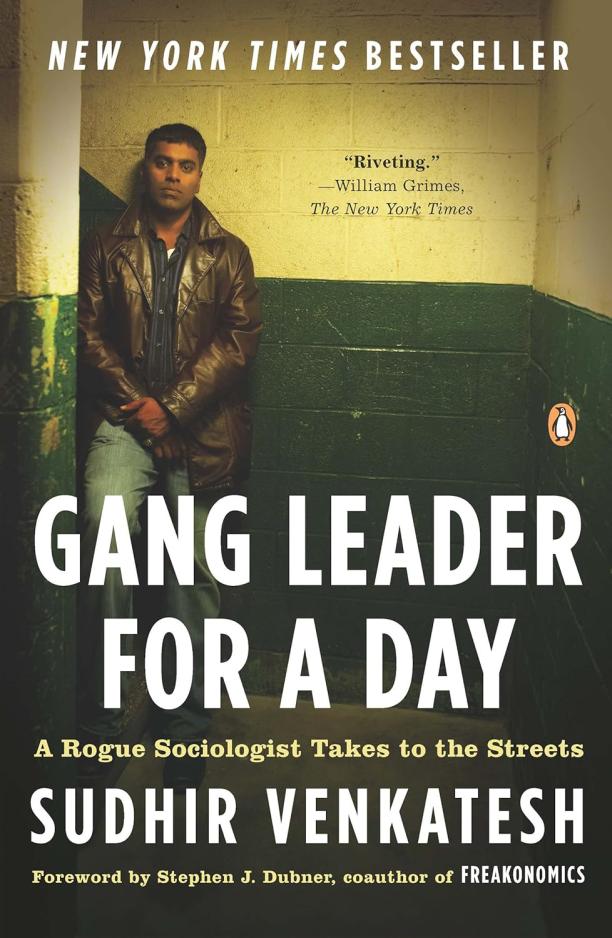
Gang Leader for a Day
A Rogue Sociologist Takes to the Streets
Sudhir Venkatesh
The book chronicles the experiences of a sociologist who embeds himself within a Chicago gang to understand urban poverty and crime. It provides an inside look at gang dynamics, economics, and the complex relationships between gang members and the community.
See full summary
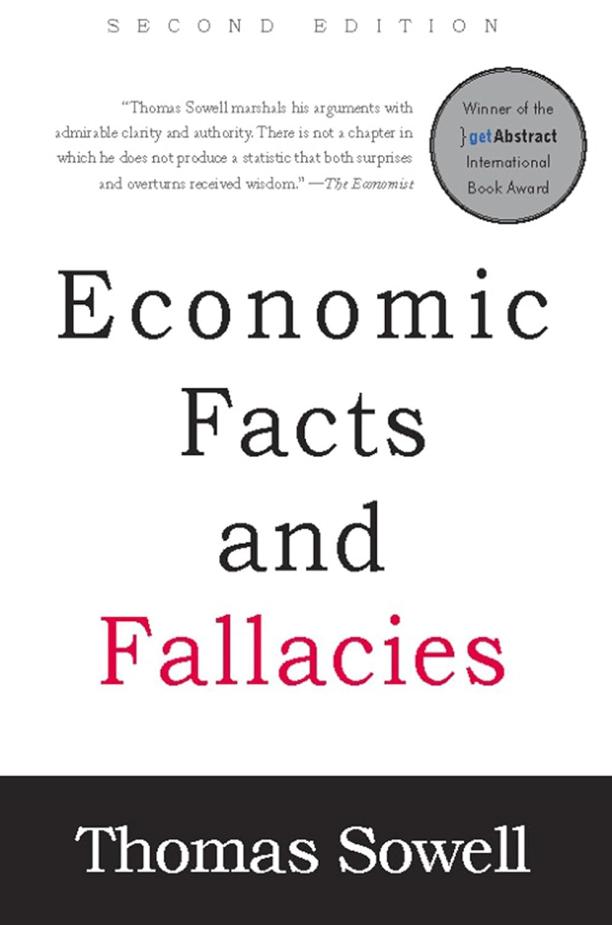
Economic Facts and Fallacies
Second Edition
Thomas Sowell
The book critically examines common misconceptions about economics, addressing issues like gender pay gaps, racial economic disparities, and urban economics with empirical evidence. It challenges widely held beliefs by dissecting the actual causes and effects behind economic phenomena, aiming to clarify the complexities of economic policies and their impacts on society.
See full summary
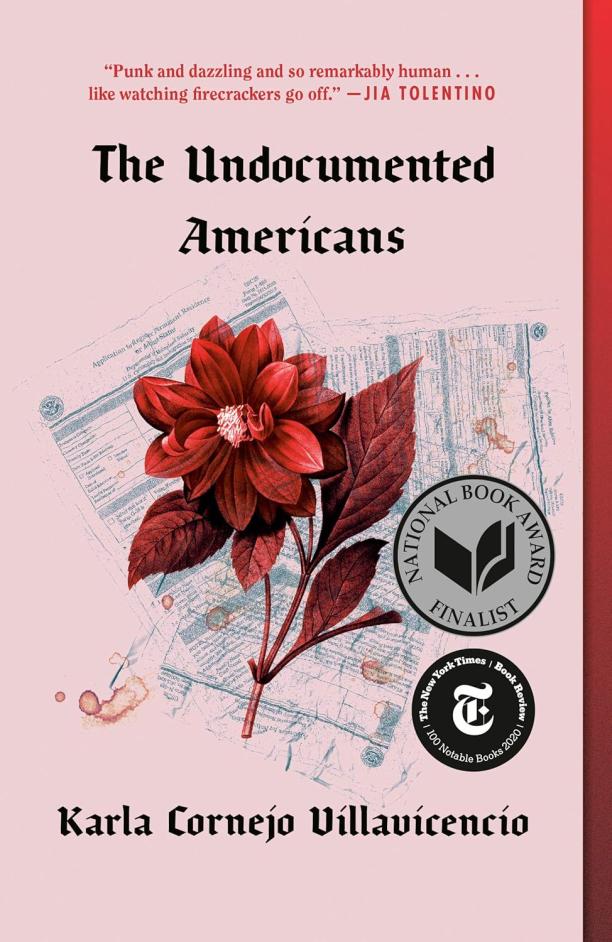
The Undocumented Americans
Karla Cornejo Villavicencio
The book is a vivid portrayal of the lives of undocumented immigrants across the United States, blending personal narrative with the stories of the individuals the author meets, from Ground Zero workers to families facing healthcare crises. It challenges the stereotypical narratives and offers a raw, unfiltered look into the complex realities and humanity of those living in the shadows of society.
See full summary
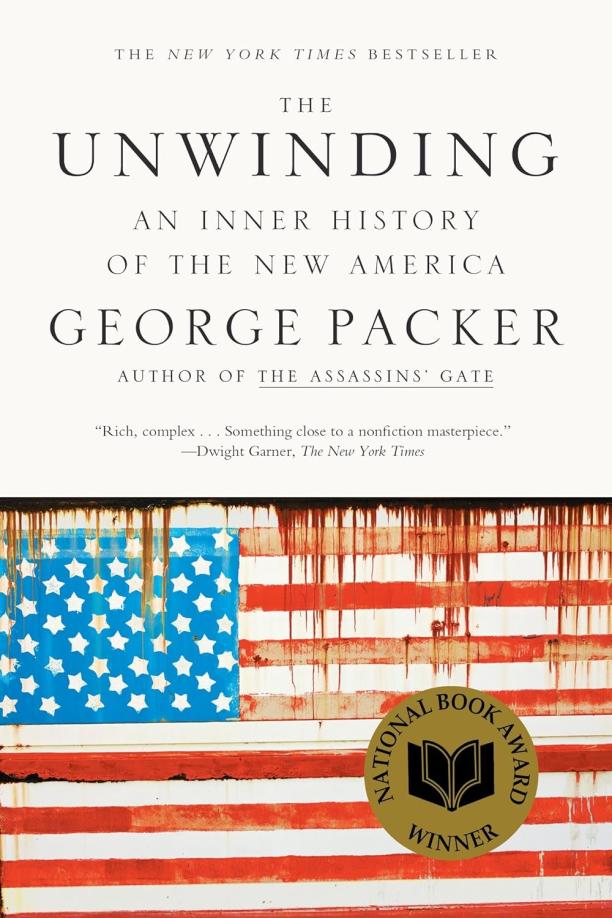
The Unwinding
An Inner History of the New America
George Packer
The book presents a narrative of the United States from the late 20th century to the early 21st century, chronicling the lives of several individuals against the backdrop of significant social, economic, and political changes. It explores the decline of institutional structures, the rise of individualism, and the fragmentation of the American social fabric.
See full summary
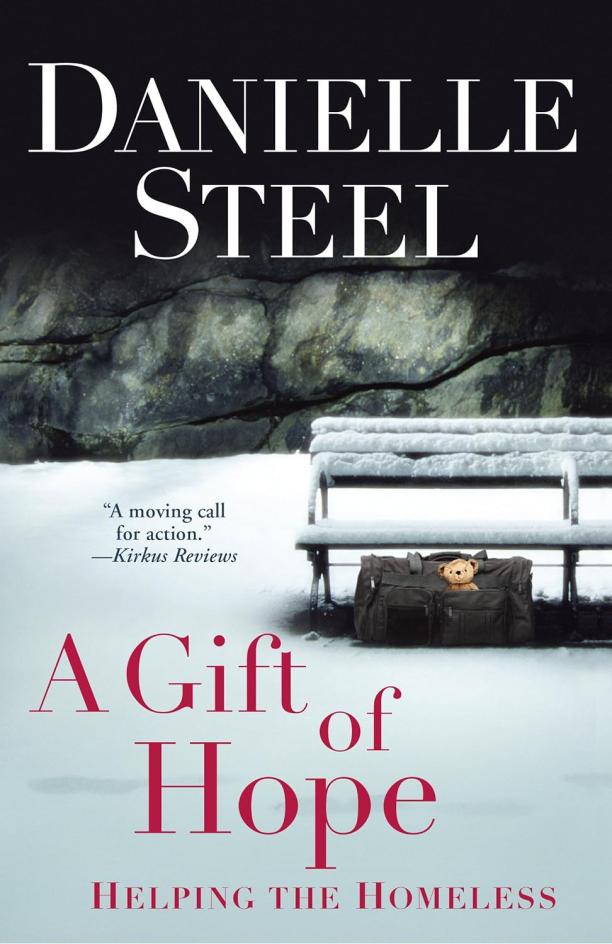
A Gift of Hope
Helping the Homeless
Danielle Steel
The book chronicles the author's journey of anonymously running a mobile outreach program for a decade, providing food, clothing, and other essentials to the homeless in San Francisco. It shares personal stories of the people she met, the challenges they faced, and the impact of compassion and support on their lives.
See full summary
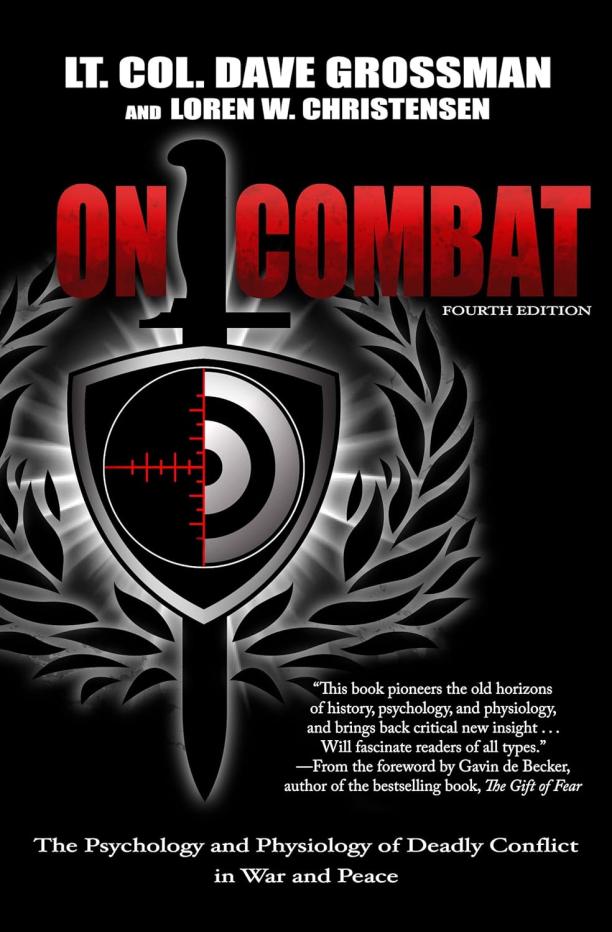
On Combat
The Psychology and Physiology of Deadly Conflict in War and Peace
Dave Grossman|Loren W. Christensen
The book explores the psychological and physiological effects of violent conflict on soldiers and law enforcement officers, delving into the dynamics of deadly force encounters and the impact on human performance. It provides insights into the stress of combat, coping mechanisms, and the long-term consequences of operational stress on individuals.
See full summary
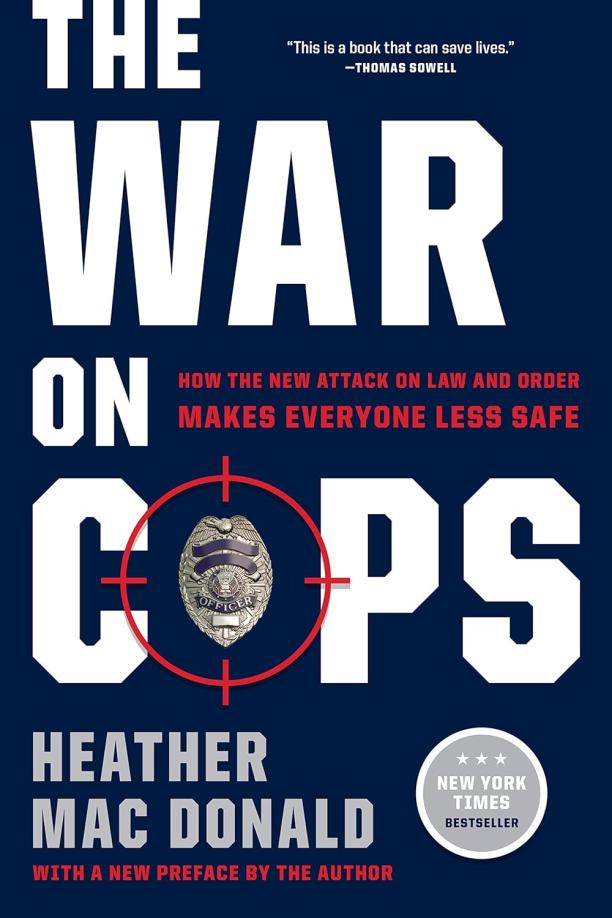
The War on Cops
How the New Attack on Law and Order Makes Everyone Less Safe
Heather Mac Donald
The book argues that anti-police sentiment and aggressive oversight have led to higher crime rates due to a decrease in proactive policing. It presents data and anecdotes to support the claim that this "war on cops" endangers communities and hampers law enforcement's ability to protect the public.
See full summary
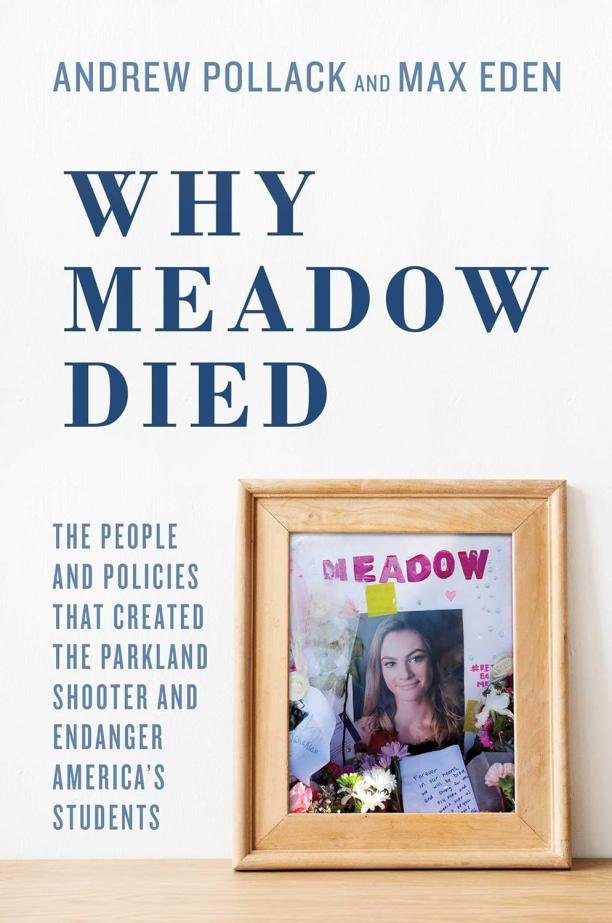
Why Meadow Died
The People and Policies That Created The Parkland Shooter and Endanger America's Students
Andrew Pollack|Max Eden
The book investigates the circumstances and systemic failures that led to the tragic school shooting at Marjory Stoneman Douglas High School in Parkland, Florida. It delves into the shooter's background, the school's policies, and the administrative decisions that may have contributed to the event, while also discussing broader implications for school safety in America.
See full summary
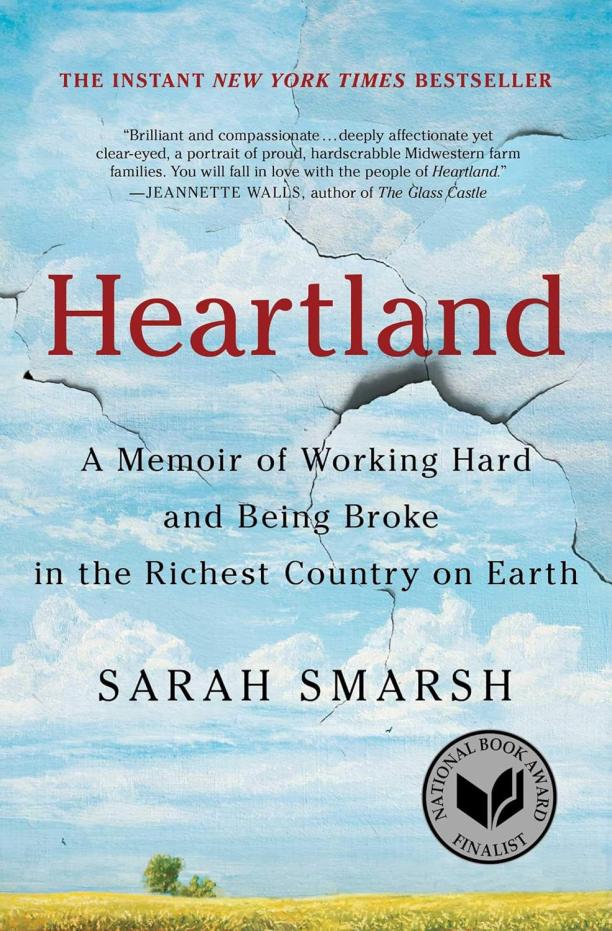
Heartland
A Memoir of Working Hard and Being Broke in the Richest Country on Earth
Sarah Smarsh
The book is a personal narrative that explores the author's upbringing in a poor, rural Kansas family over generations, highlighting the systemic socio-economic challenges and cultural dynamics faced by the working class in America. It delves into themes of poverty, education, resilience, and the pursuit of a better life against the backdrop of the American Dream.
See full summary
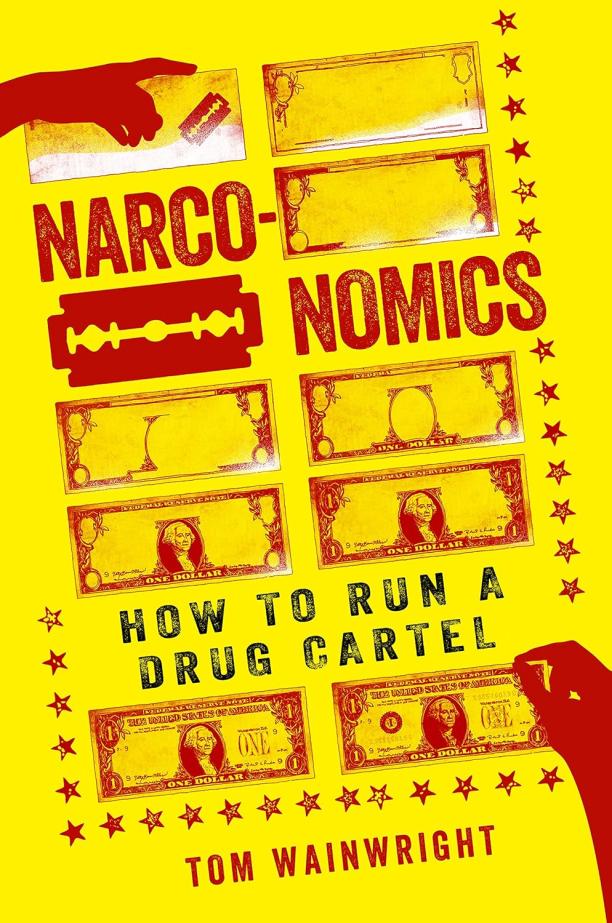
Narconomics
How to Run a Drug Cartel
Tom Wainwright
The book examines the global drug trade using economic principles, comparing cartels to multinational corporations and exploring their business models, marketing strategies, and efforts to maximize profits. It delves into the supply chain, competition, and the impact of government policies on the illicit drug market.
See full summary